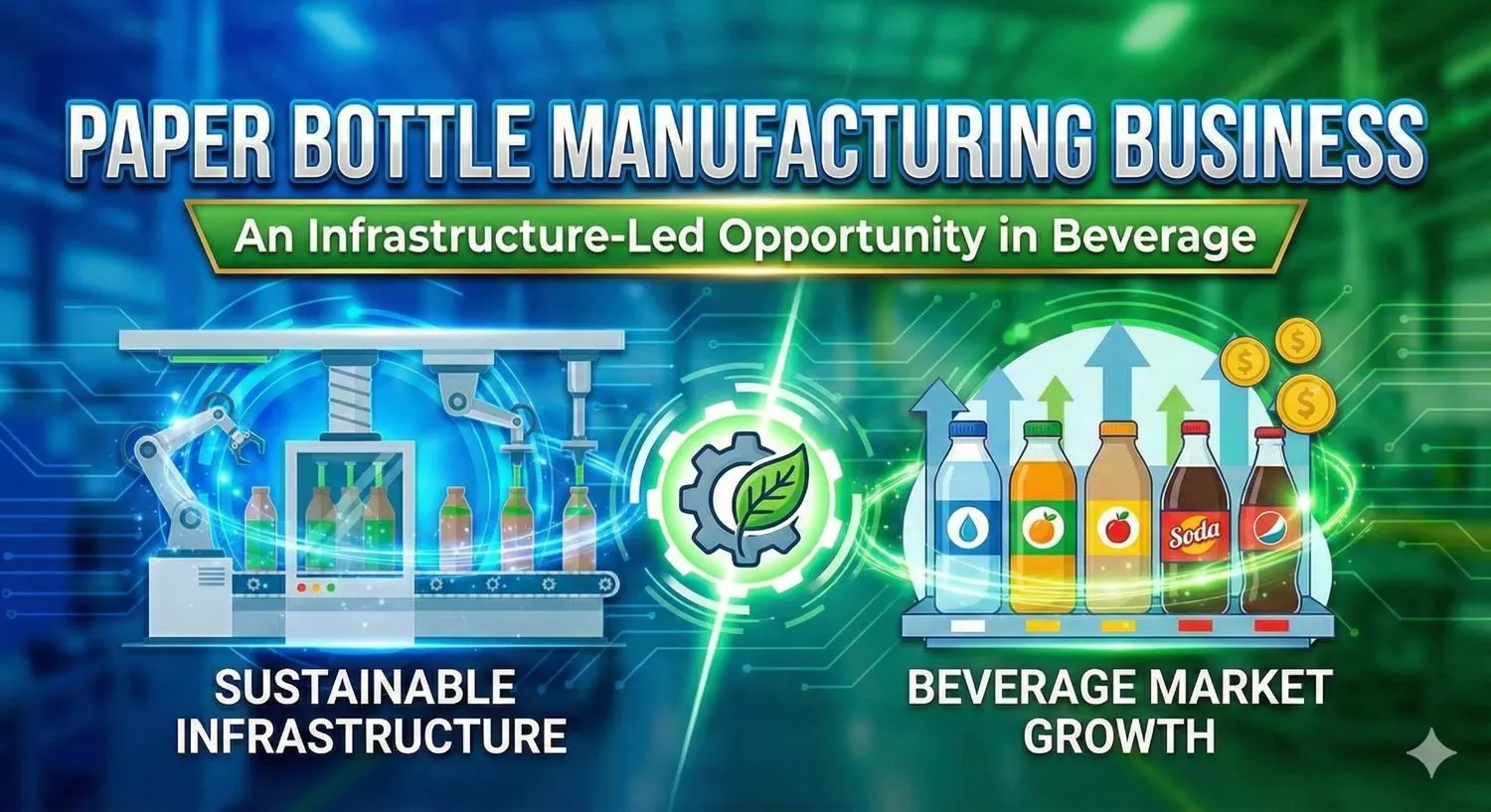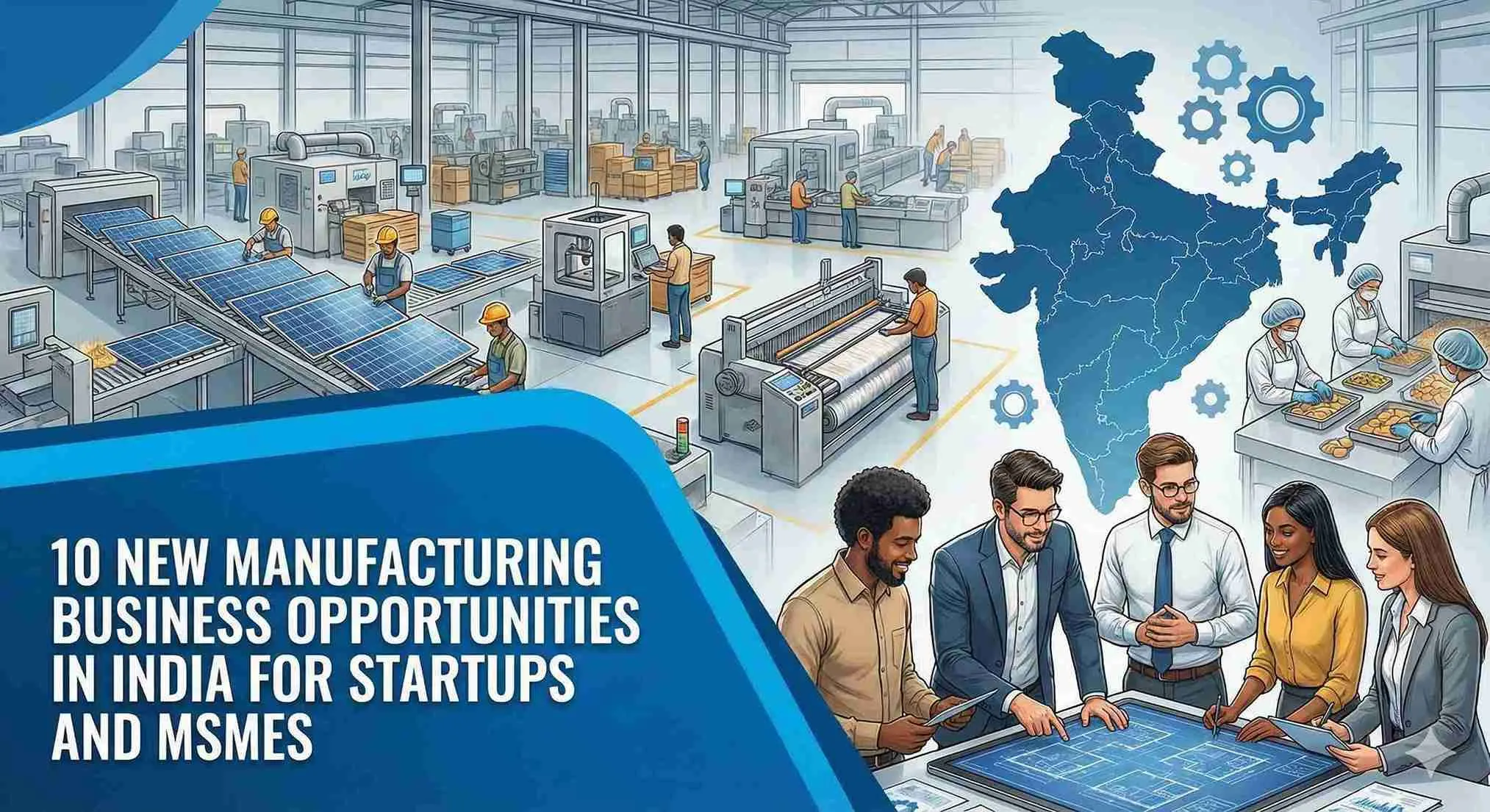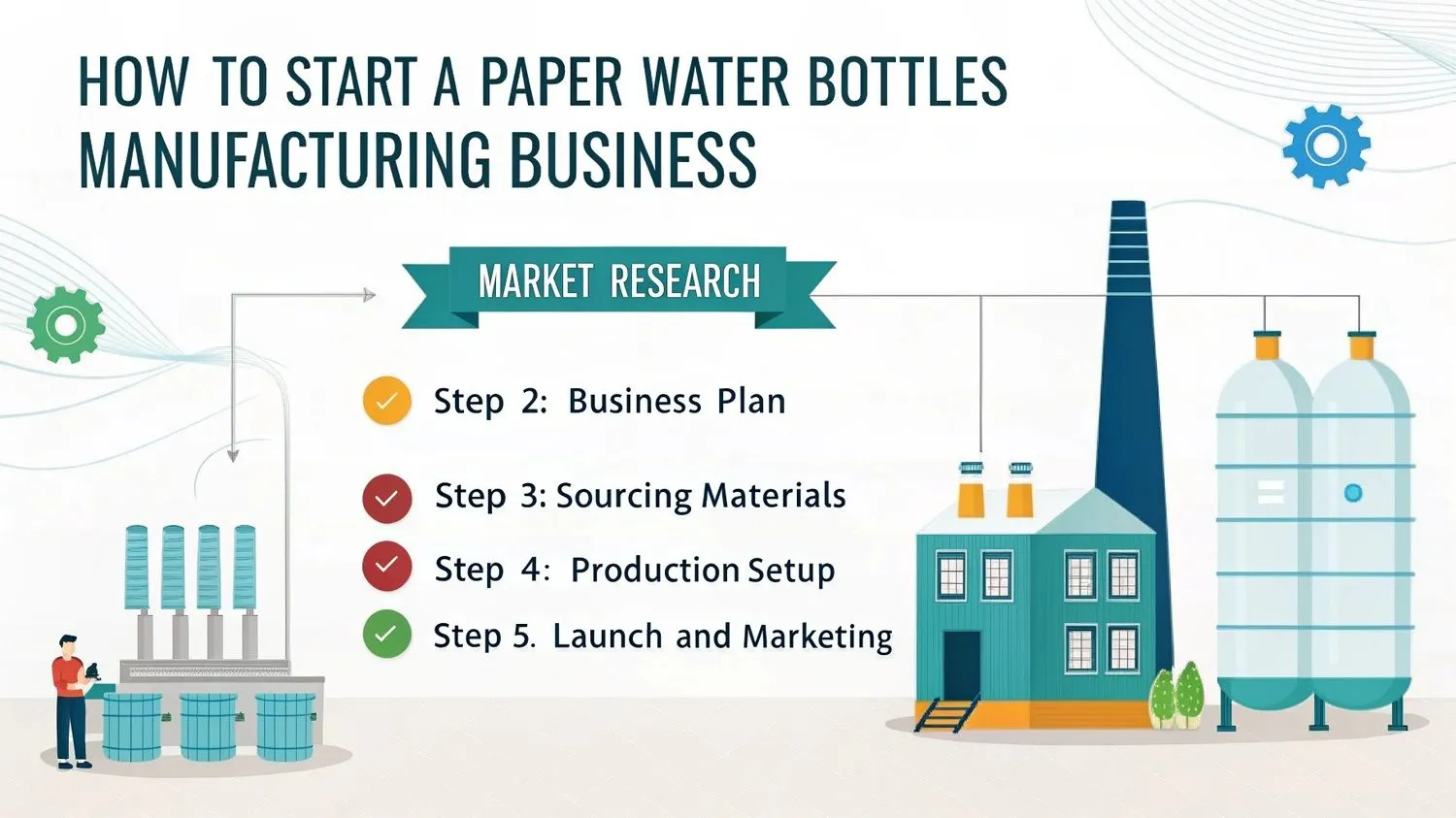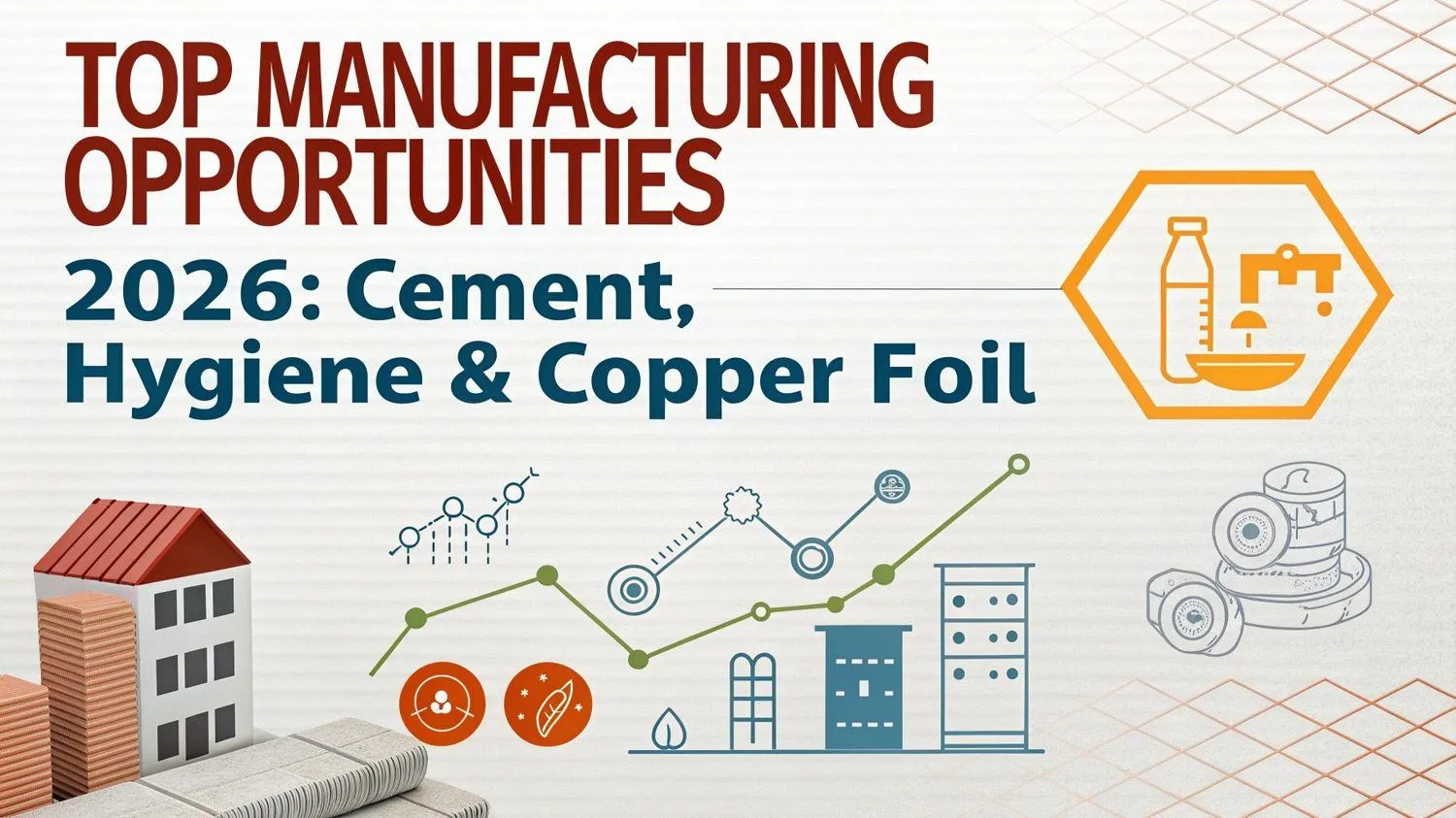India’s pharmaceutical education sector continues to grow rapidly in response to the ever-increasing demand for qualified pharmacists across healthcare and manufacturing domains. Setting up a B.Pharma & D.Pharma college in 2025 offers a promising entrepreneurial opportunity backed by regulatory reforms, growing healthcare awareness, and significant student interest. Whether you’re an investor, educationist, or healthcare entrepreneur, this guide will walk you through the critical aspects of launching a successful B.Pharma & D.Pharma institution.
Contents
- 1 Comprehensive Overview of Setting Up a B.Pharma & D.Pharma College
- 1.1 1. Regulatory Approvals and Affiliations
- 1.2 2. Ideal Land and Infrastructure Requirements
- 1.3 3. Faculty Recruitment and HR Planning
- 1.4 4. Investment Requirements and Financial Planning
- 1.5 5. Curriculum Design and Program Structure
- 1.6 6. Marketing, Admission Strategy, and Branding
- 1.7 7. Technology Integration and Smart Campus Initiatives
- 1.8 8. Placement Cell and Industry Tie-ups
- 1.9 9. Quality Assurance and Accreditation
- 1.10 10. Sustainability and Future Roadmap
- 1.11 Conclusion
Comprehensive Overview of Setting Up a B.Pharma & D.Pharma College
To establish a pharmaceutical institution offering both Bachelor of Pharmacy (B.Pharma) and Diploma in Pharmacy (D.Pharma) courses, a well-structured approach involving regulatory approvals, infrastructural development, curriculum design, and skilled faculty recruitment is essential.
1. Regulatory Approvals and Affiliations
To start a B.Pharma & D.Pharma college in India, institutions must secure approvals from:
- Pharmacy Council of India (PCI) – Mandatory for both B.Pharma and D.Pharma.
- All India Council for Technical Education (AICTE) – Required for B.Pharma course.
- State Government Approval – Necessary to operate any professional institution.
- Affiliation to a Recognized University – Typically for B.Pharma programs.
- State Pharmacy Council Registration – Allows for recognized practice licenses post-graduation.
All applications must be submitted online via the PCI portal by the prescribed dates, usually by early March every academic year.
2. Ideal Land and Infrastructure Requirements
Setting up a B.Pharma & D.Pharma college requires significant land investment and modern infrastructure as per PCI norms.
- Land Area: Minimum 2 acres in metropolitan areas; 3 acres in non-metro regions.
- Built-up Area: Approx. 45,000–50,000 sq. ft. for combined B.Pharma & D.Pharma programs.
- Classrooms: Well-ventilated smart classrooms with audio-visual aids.
- Laboratories: At least 12 fully-equipped labs, including:
-
-
Pharmaceutics Lab
-
Pharmacology Lab
-
Pharmaceutical Chemistry Lab
-
Pharmacognosy Lab
-
- Library: Minimum 2000 reference books with subscriptions to pharmaceutical journals.
- Computer Lab: 1:5 student-computer ratio with internet connectivity.
- Additional Facilities: Auditorium, girls’ and boys’ common rooms, administrative offices, placement cell, hostel accommodation.
3. Faculty Recruitment and HR Planning
The PCI mandates stringent faculty-to-student ratios. A standard requirement for B.Pharma is 1:15. Each department should have a Head (Ph.D. preferred), associate professors, and assistant professors.
- Principal: Qualified with Ph.D. and minimum 15 years of experience.
- Professor/Associate Professors: Minimum 5–10 years experience.
- Supporting Staff: Lab technicians, non-teaching administrative staff, peons, and IT support.
Hiring experienced faculty boosts institutional credibility and attracts student admissions.
4. Investment Requirements and Financial Planning
Launching a B.Pharma & D.Pharma college typically involves an initial capital expenditure of ?6 to ?15 crore depending on location and infrastructure scale.
- Land & Building: ?3–7 crore
- Equipment & Lab Setup: ?1.5–3 crore
- Library & Digital Infrastructure: ?50–80 lakhs
- Faculty Salaries (Annual): ?1–2 crore
- Marketing & Branding: ?20–50 lakhs annually
Institutions can explore financial assistance from education loan schemes, private investors, or PPP (Public-Private Partnership) models. ROI is usually visible within 4–6 years with strategic student intake and efficient management.
5. Curriculum Design and Program Structure
Curriculum must strictly follow the syllabus prescribed by PCI. The B.Pharma course is of 4 years (8 semesters), while D.Pharma is a 2-year program (4 semesters).
Key subjects include:
- Human Anatomy & Physiology
- Pharmaceutical Organic Chemistry
- Pharmacognosy & Phytochemistry
- Pharmacology & Toxicology
- Biopharmaceutics & Pharmacokinetics
- Hospital & Clinical Pharmacy
- Pharmaceutical Jurisprudence
Focus should be laid on hands-on training, research projects, and industry exposure through MoUs with pharma companies and hospitals.
6. Marketing, Admission Strategy, and Branding
To attract quality students in a competitive environment, strategic marketing is essential. This includes:
- Offline Promotions: Seminars in schools, education fairs, newspaper ads.
- Online Campaigns: SEO-optimized website, social media ads, lead generation via Google Ads.
- Admission Helplines: 24/7 query support, virtual counseling sessions.
- Alumni Engagement: Build credibility through successful alumni case studies.
Admissions can be through entrance exams like GPAT, state-level pharmacy CETs, or direct management quotas as per norms.
7. Technology Integration and Smart Campus Initiatives
In 2025, the use of technology is vital in education. Your B.Pharma & D.Pharma college should integrate:
- Learning Management Systems (LMS): Moodle, Google Classroom, etc.
- Virtual Labs & Simulation Software: For pharmacology and chemistry.
- Biometric Attendance: For staff and students.
- ERP Solutions: For administration, academics, HR, and finance.
- AI Chatbots: For student support and automated query handling.
A tech-savvy campus improves operational efficiency and enhances student experience.
8. Placement Cell and Industry Tie-ups
An active placement cell is a major value addition. Partner with pharmaceutical companies, hospitals, and research firms for:
- Internships and industrial training
- Campus recruitment drives
- Guest lectures and workshops
- Industry-sponsored labs and research funding
Top recruiters include Cipla, Dr. Reddy’s, Sun Pharma, Apollo Hospitals, and Aurobindo Pharma.
9. Quality Assurance and Accreditation
Obtaining accreditations elevates institutional standards:
- NAAC Accreditation – Ensures overall academic excellence.
- NBA Accreditation – Specific to the B.Pharma program.
- ISO Certification – For administrative and service quality.
Regular audits, academic reviews, and feedback systems help maintain excellence and compliance.
10. Sustainability and Future Roadmap
A successful B.Pharma & D.Pharma institution should plan for:
- Postgraduate Courses (M.Pharm) in areas like Pharmaceutics, Pharmacology, and Quality Assurance.
- Research Centers for clinical trials, herbal medicine, and formulation studies.
- Skill Development Programs in medical coding, regulatory affairs, and pharmaceutical marketing.
- International Collaborations with pharma colleges abroad for faculty exchange and global exposure.
With the Indian pharma sector projected to touch $130 billion by 2030, such expansions will future-proof the institution.
Conclusion
The opportunity to establish a B.Pharma & D.Pharma college in 2025 is not just about infrastructure and curriculum—it’s about building a trusted academic brand. With regulatory compliance, excellent faculty, modern labs, and strategic outreach, your institution can become a benchmark in pharmaceutical education. Timely execution, proper funding, and quality focus will lead to a profitable and impactful venture in the healthcare education domain.
Visit the page Select and Choose the Right Business Startup for You for sorting out the questions arising in your mind before starting any business and know which start-up you can plan. We, at NPCS, endeavor to make business selection a simple and convenient step for any entrepreneur/startup. Our expert team, by capitalizing on its dexterity and decade’s long experience in the field, has created a list of profitable ventures for entrepreneurs who wish to diversify or venture. The list so mentioned is updated regularly to give you a regular dose of new emerging opportunities.













